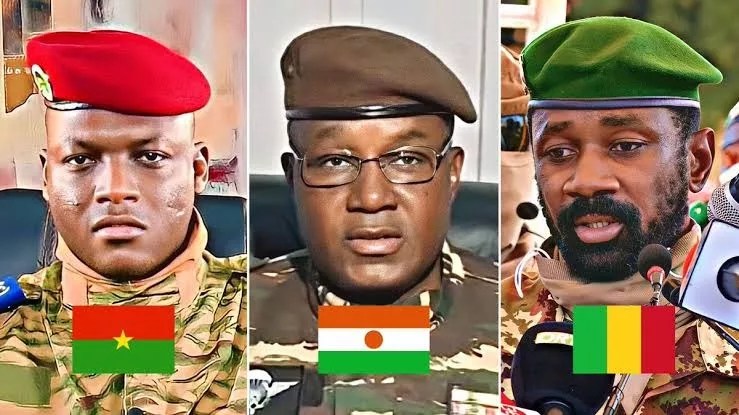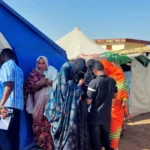Burkina Faso, Mali, and Niger have declared their immediate withdrawal from the International Criminal Court (ICC), describing it as an “instrument of neo-colonialist repression” and signaling yet another step in their joint move away from Western institutions. In a joint statement released by the three military-led governments, the Sahel nations announced they would no longer recognize the authority of the ICC, the United Nations-backed tribunal based in The Hague that prosecutes genocide, crimes against humanity, war crimes, and crimes of aggression.
The leaders of the three countries argued that the ICC has failed to deliver justice where it is most needed, stating that the court has proven incapable of addressing or prosecuting well-documented cases of war crimes, crimes against humanity, genocide, and acts of aggression. Instead, they accused the ICC of selectively targeting less privileged nations while ignoring violations committed by more powerful states. This stance echoes longstanding criticisms across Africa, including those voiced by Rwanda’s President Paul Kagame, who has condemned the ICC for what he describes as an anti-African bias.
Since its creation in 2002, the ICC has opened 33 cases, with nearly all of them involving African nations. This record has fueled growing frustration among African leaders who view the court as disproportionately focused on the continent while ignoring similar or greater crimes committed elsewhere. For Burkina Faso, Mali, and Niger, the decision to exit the ICC represents both a rejection of perceived double standards and a push to build what they describe as “indigenous mechanisms for the consolidation of peace and justice.”
The withdrawal announcement also comes against the backdrop of deepening political and military ties between the three Sahel states and Russia. Moscow has become an increasingly important partner for the region’s juntas since they seized power through successive coups between 2020 and 2023. Russia’s President Vladimir Putin, who is himself subject to an ICC arrest warrant over alleged war crimes in Ukraine, has strengthened alliances with Burkina Faso, Mali, and Niger as they pivot further away from Western powers, particularly France, their former colonial ruler.
This break from the ICC follows a similar coordinated move earlier this year when the three countries simultaneously pulled out of the Economic Community of West African States (ECOWAS). The regional bloc had repeatedly demanded that the juntas commit to restoring democratic governance, but the military leaders rejected those demands and instead reinforced their new alliance under the Confederation of Sahel States.
The announcement also comes at a time when violence in the Sahel is escalating. Armed forces in Burkina Faso, Mali, and Niger face accusations of abuses and crimes against civilians, even as they fight jihadist groups linked to al-Qaeda and the Islamic State. The ICC withdrawal, critics argue, may shield military leaders from international accountability while complicating efforts to address worsening instability and humanitarian crises in the region.
Under international law, a country’s withdrawal from the ICC only becomes official one year after notifying the United Nations. Until then, the court technically retains jurisdiction. However, given the coordinated stance of the Sahel’s military governments, observers say enforcement will be nearly impossible without cooperation on the ground.
The decision marks a major turning point for the Sahel region’s relationship with the international community. By abandoning the ICC and distancing themselves from ECOWAS, Burkina Faso, Mali, and Niger are carving out an increasingly isolated but unified path, one that aligns more closely with Russia while intensifying their break from Western-led institutions. The move underscores a shifting global power dynamic, as African nations under military rule challenge long-standing international frameworks they deem biased and ineffective.













Leave a comment